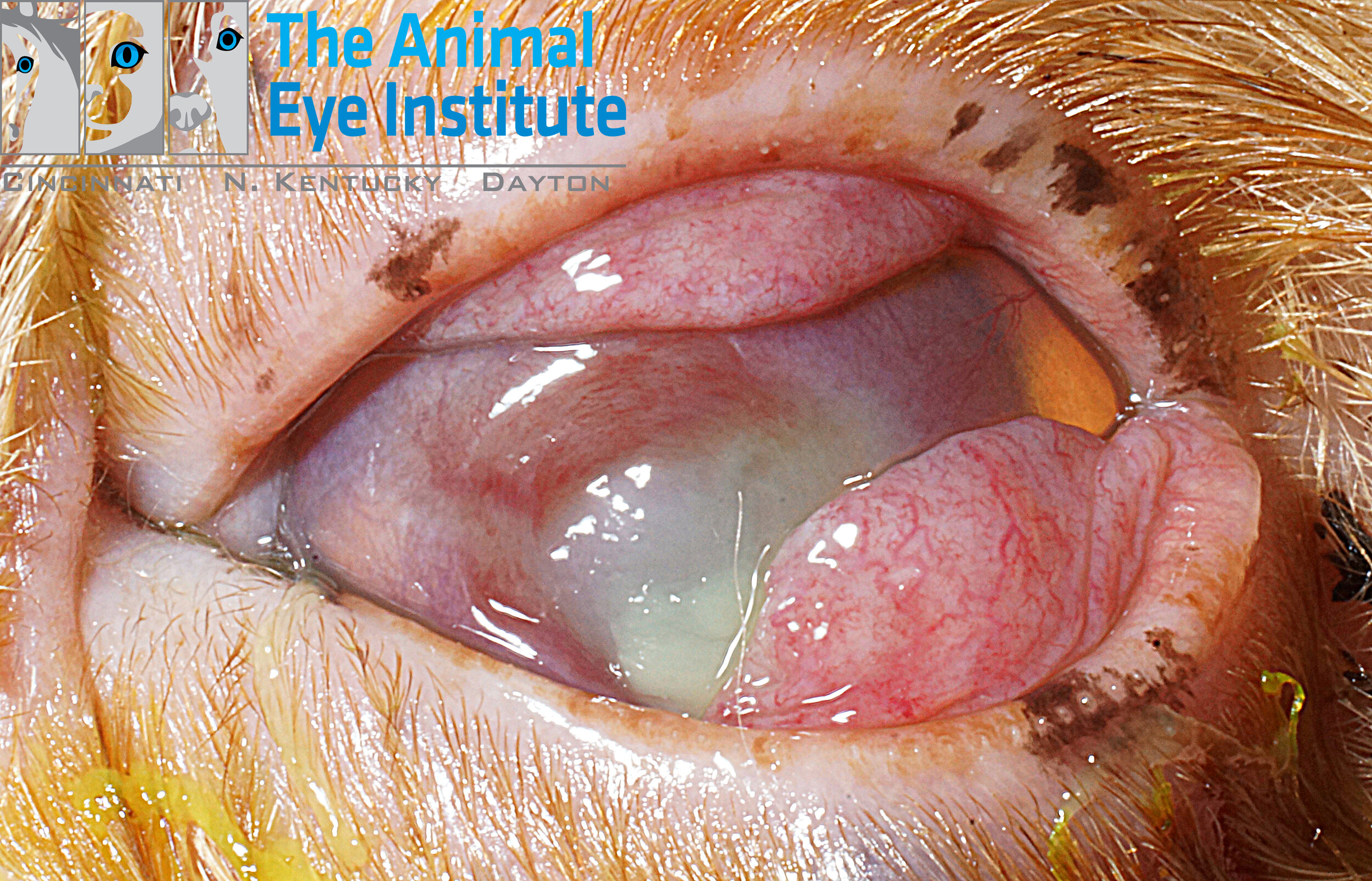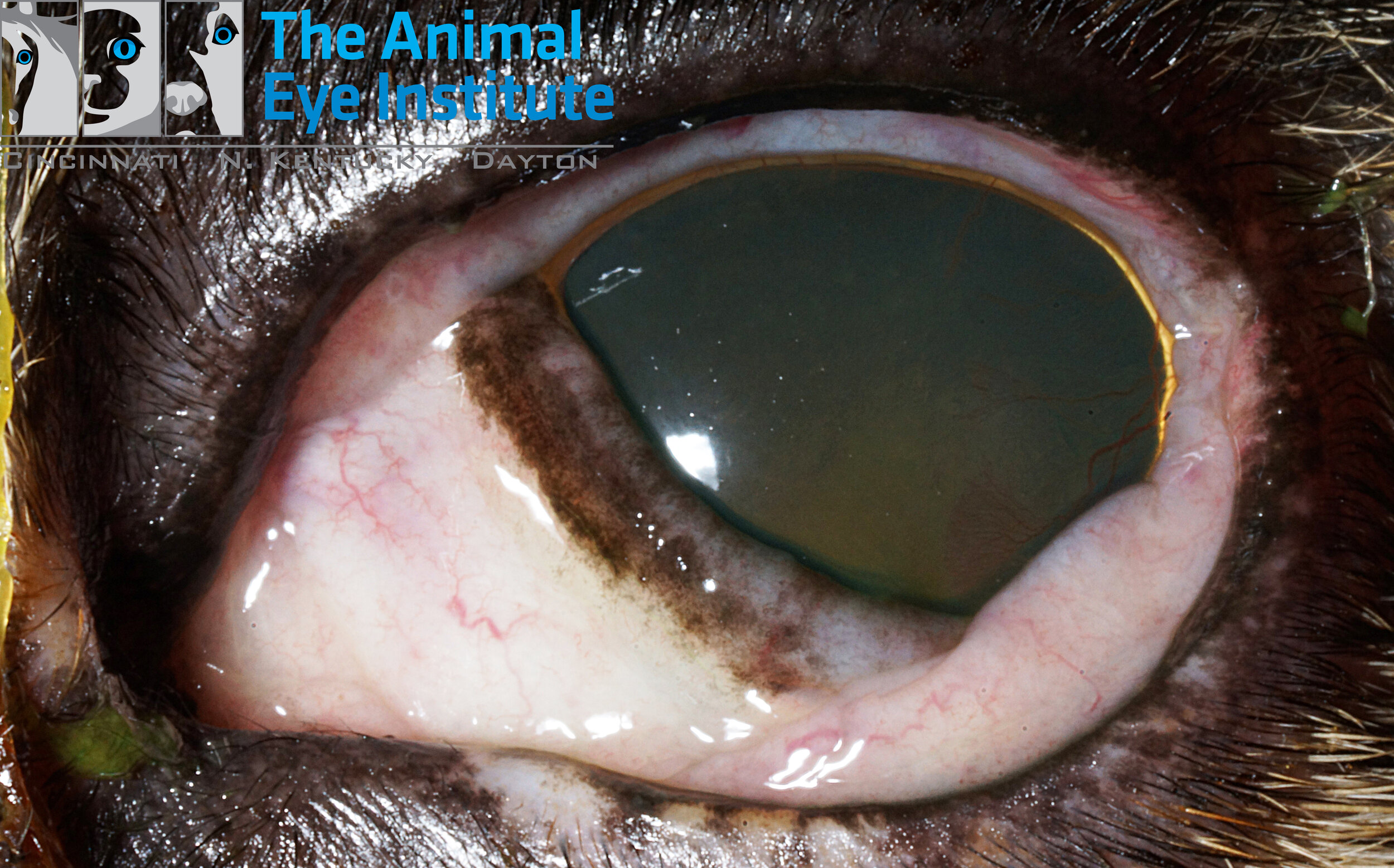What you need to know about feline herpes virus
What is Feline Herpes Virus?
Feline Herpes Virus (FHV) is a major cause for conjunctival and corneal disease in cats and is one of the most frustrating diseases to manage for the cat, owner, and veterinarian. Infection with FHV is common and affects greater than 90% of the cat population. The virus cannot be cured, but it can go into latency, or “remission”, where it can become active periodically throughout a cat’s life. There are some cats that have FHV but never display active signs of the disease. Active FHV disease is typically associated with stress and/or suppressing the immune system. Stressful situations include travel, boarding, surgery, illness, or essentially any changes to their normal environment. Immunosuppression can result from steroid administration.
Related: Get our Surgical Insights Guide
What are the clinical signs of FHV?
The clinical signs of FHV vary from mild to severe. Milder forms of the disease may clear with time, while more severe forms can lead to chronic, recurrent infection and more painful disease. The most common clinical signs are squinting of the eye, red, swollen conjunctival tissue surrounding the eye and eyelids, ocular discharge, and upper respiratory signs, such as sneezing or nasal discharge. Cats may also develop uniquely appearing corneal ulcers.
How is FHV diagnosed?
Diagnosis is based primarily on history, physical examination, and ophthalmic examination. Corneal staining is often performed to check for ulcers. Identification of FHV DNA by PCR testing in the laboratory is available for diagnosing infection by FHV-1. Unfortunately, if the disease is not in the active stage, testing is usually not rewarding.
How is FHV treated?
Therapy for FHV is tailored to the cat and its clinical signs, and unfortunately, there is not a single consistently effective treatment for FHV. Treatment is focused on reducing or stopping viral replication and keeping the cat comfortable. Typically, therapy includes topical antiviral drops and occasionally an oral antiviral medication. In addition to treating active disease, it is sometimes recommended to start medications before a known stressor to reduce the severity of a FHV flare-up.
What is the prognosis for FHV?
Prognosis varies. Some cats never develop clinical disease after the initial FHV infection while others may have chronic and frequent flare-ups. Cats that have frequent flare-ups often have a stressful trigger, which should be avoided or minimized in order to improve prognosis.
Is FHV contagious?
Cats cannot spread the virus to humans; however, they can easily spread the disease to other cats. Please consider this when introducing new cats to a household with a cat that has known FHV, as they will certainly pass the disease onto their feline housemates. Addition of a new animal may also act as a stressor.




